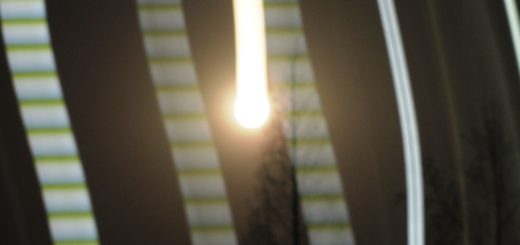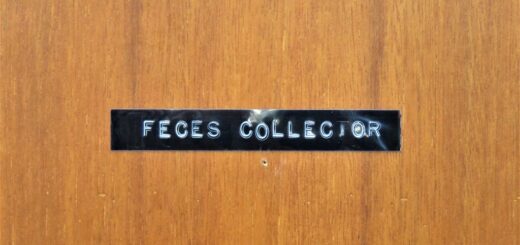The Smell of Mortality
We are witnessing the end of modernity, in so far as that word names a civilization. The age founded in dreams of individual liberty has reached its absolute negation, with modern man, both collectively and in the private soul of almost every living human, having been reduced — or rather having reduced himself — to a slave demanding, even begging for, ever-stronger chains.
Democratic elections — modernity’s answer to the question of freedom — have turned out to be our most effective method of self-enslavement. It is far too late, therefore, to hope that elections could ever be the means of emancipating ourselves. We have purchased King Lear’s fate, having voluntarily divested ourselves of too much of our sovereignty, casting off all our essential powers to the wrong daughters. Our reduction to madness, and to obsession with the smell of mortality, is the product of our own tragic vanity, our inability to abide in the state of constant critique, self-doubt, and the skeptic’s restraint that is the imperfect mind’s final protection against self-destructive blindness.
Freedom was our Cordelia, always supportive yet honest, never flattering us but rather holding up a harsh mirror to our excesses. We suspected and neglected her for not following her dishonorable sisters in expressing her admiration in sycophantic forms, and for instead challenging us to be worthy of her love, with all the painful humility and self-awareness such an unperfumed love would bring.
Now we, collective modernity, “the free world” as was, are left staring at that true child’s lifeless body, barely able to understand what a jewel we have wasted, and what a life we have forsaken.
“No, no, no life left? Why should a dog or horse or rat have life, but not you? You’ll never come to me again, never, never, never, never, never.—”
We have earned this fate.


